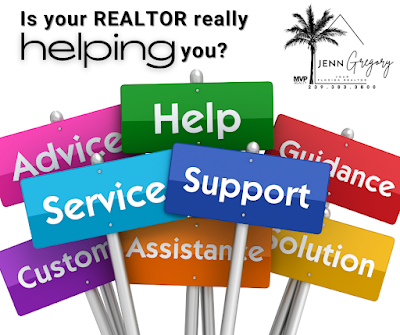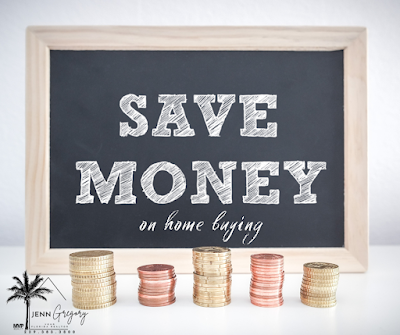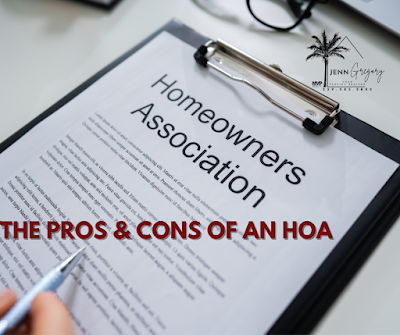It depends on the individual realtor and the level of service they provide. A good realtor should be knowledgeable about the local housing market, have good communication skills, and be able to guide you through the buying or selling process. They should be able to provide you with valuable insights into the local housing market, help you find properties that meet your criteria, and negotiate a fair price for you.
Some of the ways a good realtor can help you include:
Access to the MLS: A good realtor will have access to the Multiple Listing Service (MLS), which is a database of properties for sale in the area. This can help you find properties that meet your criteria quickly and efficiently.
Negotiation skills: A good realtor should be able to negotiate a fair price for you and work with the seller's agent to make sure the transaction goes smoothly.
Knowledge of the local market: A good realtor should have a good understanding of the local market and be able to provide you with valuable insights into the neighborhood, school district, and other factors that could impact your buying or selling decision.
Paperwork and legalities: A good realtor should be familiar with the legal requirements and paperwork involved in buying or selling a home and be able to guide you through the process.
However, not all realtors are created equal, and some may not provide the level of service that you expect. It's important to do your research and choose a reputable realtor with a good track record and positive reviews from previous clients. It's also important to communicate your expectations and needs clearly with your realtor to ensure that they are able to provide you with the level of service you require.



.png)





